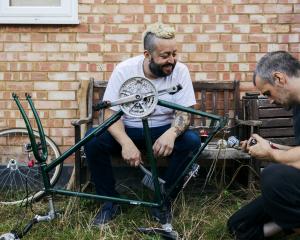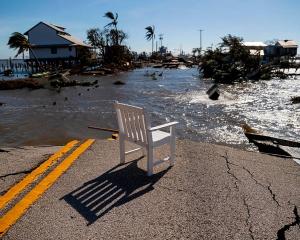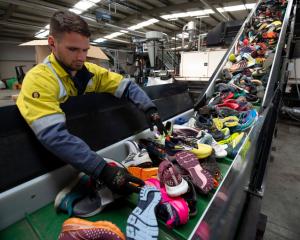

The impacts from fast fashion have long been discussed. From the sweatshop work conditions to polluted waterways and irresponsible production and consumption, fast fashion fails dismally on the 17 sustainable development goals. Indeed, some statistics from the United Nations Alliance for Sustainable Fashion (unfashionalliance.org) on current impacts of fashion indicate that while it contributes 2.4 trillion to global manufacturing and employs 300 million people across the supply chain, mostly women, fashion is responsible for an estimated 2-8% of the world’s greenhouse gas emissions and an annual material loss of $US100 billion due to resource under-utilisation.
What can we do as consumers and businesses to change? How can we be aware of the impacts of the clothes that we purchase, either personally or as part of running a business?
Here’s a few ideas based on trends that we are seeing.
CREATING CLOTHES FROM RECYCLED MATERIALS
An emerging trend in some clothing chains, is that garments are made using a percentage of recycled materials. These materials could include recycled plastic bottles, usually made from polyethylene terephthalate (PET).
This can reduce materials going to landfill, the demand for new materials and therefore reduce carbon emissions.
An example of this in New Zealand is LOOP Workwear, which has a range made from 100% recycled polyester. This range includes high visibility clothes and polo shirts. They also sell workwear with lyocell, a compostable fabric, bio-cotton and merino wool fabrics. They state that every product they sell is good for the environment.
DESIGN FOR DIS-ASSEMBLE OR COMPOSTABLE CLOTHES — CIRCULAR ECONOMY AND FASHION

UsedFULLY describes themselves as a low-carbon clothing system that aims to divert textiles from waste streams. They help organisations to maximise the use of textiles and provide solutions for those unwanted textiles that would be destined for landfill. To see other examples of the circular economy in the textile area, the Sustainable Business Network has a directory of organisations involved in circular economy activities in Aotearoa. It is a useful database to help form the necessary partnerships for circular economies to flourish.
LEARN TO SEW — CREATE AND REPAIR
Stitch Kitchen is run by Fiona Jenkin and offers sewing classes and a place for people to come and repair and to learn to sew. At the Prince of Wales Hotel, 474 Princess St, people meet to build a community of practice around slow fashion and re-using material resources. Learning to sew is a way to be able to fix and repair clothes to extend the life of the garments you have already purchased. As well as learning a skill to extend the life of clothes, this could be a useful team-building activity or a way for staff to volunteer in the community.
PROVIDE A UNIFORM FOR STAFF THAT IS SUSTAINABLE, INCLUSIVE AND FUTURE-PROOFED
When choosing a uniform for staff, businesses are looking for that professional look, consistency and often the least expensive option. However, think about both the upfront investment costs and the operational costs, e.g., having to replace items earlier than need be because of poor quality or having a dated look. Recently, the revealing of the new Kiwibank uniform shows how uniforms can be designed to be inclusive, good quality and future-proofed through a series of mix and match from Kiwi designers and including sustainable brands such as Little Yellow Bird.
Kiwibank states that: "The new wardrobe allows for Kiwibank team members to mix and match items to curate their own unique looks, whilst still strongly representing the Kiwibank brand. It has been designed to evolve over time, adding in new garments and designs that reflect current cultural demands, as well as fashion trends and evolutions in fabrics."
If you are redesigning new workwear for your team or looking for yourself, there are numerous options for your range of clothes to be sustainable without having to import or send more textile waste to landfill.
Sara Walton is an associate professor of sustainability and business at the Otago Business School, University of Otago.












